Poverty and Place Conference Presenters
Learn about the conference presenters and discussants
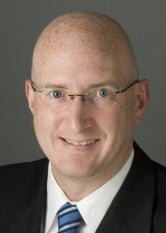 Scott W. Allard is a
Professor at the Daniel J. Evans School of Public Affairs at the
University of Washington with expertise in social welfare policy,
federalism and intergovernmental relationships, and urban policy.
Allard is a nonresidential senior fellow at the Brookings
Institution Metropolitan Policy Program and co-director of the
Family Self-Sufficiency Data Center at the University of Chicago
Review.
Scott W. Allard is a
Professor at the Daniel J. Evans School of Public Affairs at the
University of Washington with expertise in social welfare policy,
federalism and intergovernmental relationships, and urban policy.
Allard is a nonresidential senior fellow at the Brookings
Institution Metropolitan Policy Program and co-director of the
Family Self-Sufficiency Data Center at the University of Chicago
Review.
 Michelle
Wilde Anderson is a public law scholar and practitioner
focused on state and local government, including urban policy,
city planning, local democracy, and public finance. Her work
combines legal analysis with the details of human experience to
understand the local governance of high poverty areas, both urban
and rural, and the legal causes of concentrated poverty and
fiscal crisis.
Michelle
Wilde Anderson is a public law scholar and practitioner
focused on state and local government, including urban policy,
city planning, local democracy, and public finance. Her work
combines legal analysis with the details of human experience to
understand the local governance of high poverty areas, both urban
and rural, and the legal causes of concentrated poverty and
fiscal crisis.
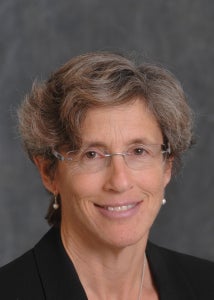 Evelyn
Blumenberg is a Professor and Chair of Urban Planning at
the University of California, Los Angeles.
Evelyn
Blumenberg is a Professor and Chair of Urban Planning at
the University of California, Los Angeles.
Professor Blumenberg’s research examines the effects of urban
structure–the spatial location of residents, employment, and
services–on economic outcomes for low-wage workers, and on the
role of planning and policy in shaping the spatial structure of
cities.
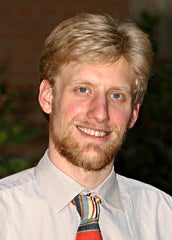 Christopher S.
Elmendorfis a Professor of Law at the University of
California, Davis. Professor Elmendorf’s varied teaching
and research interests include election law, administrative law,
statutory interpretation, constitutional law, and property and
natural resources law. He writes mostly on the subject of
elections.
Christopher S.
Elmendorfis a Professor of Law at the University of
California, Davis. Professor Elmendorf’s varied teaching
and research interests include election law, administrative law,
statutory interpretation, constitutional law, and property and
natural resources law. He writes mostly on the subject of
elections.
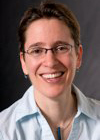 Sarah Elwood is
a Professor of Geography at the University of Washington.
Elwood’s work contributes to urban geography, relational poverty
research, critical GIS & geoweb studies, and mixed/visual
methods. Current activities include co-directing the Relational
Poverty Network with Vicky Lawson and comparative research on
middle class poverty politics in mixed income residential
neighborhoods in Buenos Aires and Seattle.
Sarah Elwood is
a Professor of Geography at the University of Washington.
Elwood’s work contributes to urban geography, relational poverty
research, critical GIS & geoweb studies, and mixed/visual
methods. Current activities include co-directing the Relational
Poverty Network with Vicky Lawson and comparative research on
middle class poverty politics in mixed income residential
neighborhoods in Buenos Aires and Seattle.
 Tracey
Farrigan is a Geographer with the Rural
Economy Branch in the Resource and Rural Economics Division of
the United States Department of Agriculture. In this position,
she focuses on a variety of research topics related to rural
household well-being. Tracey’s principal areas of expertise are
poverty and impact analysis.
Tracey
Farrigan is a Geographer with the Rural
Economy Branch in the Resource and Rural Economics Division of
the United States Department of Agriculture. In this position,
she focuses on a variety of research topics related to rural
household well-being. Tracey’s principal areas of expertise are
poverty and impact analysis.
 Bruce
Haynes is an Associate Professor of Sociology at
the University of California, Davis. He is an authority on race,
ethnicity, and urban communities. His publications include
The Ghetto: Contemporary Issues and Controversies,
a co-edited volume that brings together prominent scholars
throughout the world to examine marginalized urban spaces and the
usefulness of the concept, and term, ghetto.
Bruce
Haynes is an Associate Professor of Sociology at
the University of California, Davis. He is an authority on race,
ethnicity, and urban communities. His publications include
The Ghetto: Contemporary Issues and Controversies,
a co-edited volume that brings together prominent scholars
throughout the world to examine marginalized urban spaces and the
usefulness of the concept, and term, ghetto.
 Adrienne Hosek
is an Assistant Professor in the Department of Political Science
at the University of California, Davis. Hosek’s research focuses
on income inequality and redistributive politics in the United
States, the statistics of causal inference, and survey
experimentation.
Adrienne Hosek
is an Assistant Professor in the Department of Political Science
at the University of California, Davis. Hosek’s research focuses
on income inequality and redistributive politics in the United
States, the statistics of causal inference, and survey
experimentation.
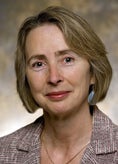 Victoria
Lawson is a Professor of Geography at the
University of Washington. Lawson is the co-founder of the
Relational Poverty Network (with Sarah Elwood); Past-President of
the Association of American Geographers (AAG); Marsha Landolt
Distinguished Graduate Mentor Award winner; Director of the UW
Honors Program, former Chair of the Department of Geography at
the University of Washington, and committed teacher.
Victoria
Lawson is a Professor of Geography at the
University of Washington. Lawson is the co-founder of the
Relational Poverty Network (with Sarah Elwood); Past-President of
the Association of American Geographers (AAG); Marsha Landolt
Distinguished Graduate Mentor Award winner; Director of the UW
Honors Program, former Chair of the Department of Geography at
the University of Washington, and committed teacher.
 Jonathan London is an Assistant
Professor of Human and Community Development at the University of
California, Davis and a Faculty Affiliate of the UC Davis Center
for Poverty Research. His research addresses conflicts and
collaboration in natural resource and environmental issues,
specifically on marginalized rural communities and environmental
justice issues in the Sierra Nevada and the Central Valley.
Jonathan London is an Assistant
Professor of Human and Community Development at the University of
California, Davis and a Faculty Affiliate of the UC Davis Center
for Poverty Research. His research addresses conflicts and
collaboration in natural resource and environmental issues,
specifically on marginalized rural communities and environmental
justice issues in the Sierra Nevada and the Central Valley.
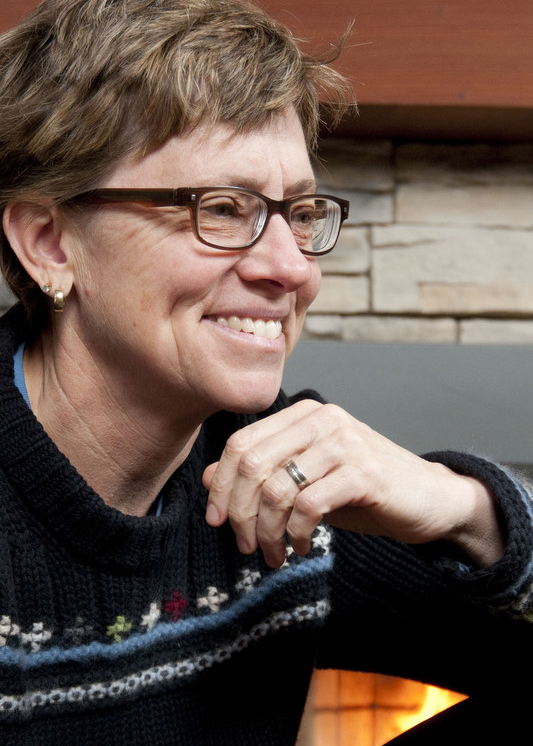 Deb
Niemeier is a Professor of Civil and Environmental
Engineering at the University of California, Davis. Her research
interests focus on transportation-air quality modeling, energy
consumption and land use interactions, sustainability and the
project development process for major infrastructure projects.
She is the Director for the Sustainable Design Academy at UC
Davis and has just completed a 6-year term as Editor-in-Chief of
Transportation Research, Part A, the leading international
journal focused on transportation policy and practice.
Deb
Niemeier is a Professor of Civil and Environmental
Engineering at the University of California, Davis. Her research
interests focus on transportation-air quality modeling, energy
consumption and land use interactions, sustainability and the
project development process for major infrastructure projects.
She is the Director for the Sustainable Design Academy at UC
Davis and has just completed a 6-year term as Editor-in-Chief of
Transportation Research, Part A, the leading international
journal focused on transportation policy and practice.
 Bertrall
Ross is an Assistant Professor of Law at the
University of California, Berkeley and Co-Faculty Director of the
Henderson Center. Ross’ research interests are driven by a
normative concern about democratic responsiveness and a
methodological approach that integrates political theory and
empirical social science into discussions of legal doctrine, the
institutional role of courts, and democratic design.
Bertrall
Ross is an Assistant Professor of Law at the
University of California, Berkeley and Co-Faculty Director of the
Henderson Center. Ross’ research interests are driven by a
normative concern about democratic responsiveness and a
methodological approach that integrates political theory and
empirical social science into discussions of legal doctrine, the
institutional role of courts, and democratic design.
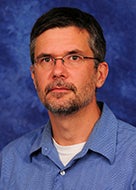 Kai
Schafft is an Associate Professor of Education in the
College of Education at Pennsylvania State University and the
director of Penn State’s Center on Rural Education and
Communities. Trained as a rural sociologist, his work focuses
broadly on the intersection between social inequality and spatial
inequality. His major areas of research include the
interrelationship between rural poverty and student transiency,
contexts for rural youth development, farm-to-school program
implementation, and rural health outcomes.
Kai
Schafft is an Associate Professor of Education in the
College of Education at Pennsylvania State University and the
director of Penn State’s Center on Rural Education and
Communities. Trained as a rural sociologist, his work focuses
broadly on the intersection between social inequality and spatial
inequality. His major areas of research include the
interrelationship between rural poverty and student transiency,
contexts for rural youth development, farm-to-school program
implementation, and rural health outcomes.
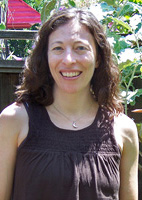 Jennifer
Sherman is an Assistant Professor of Sociology at
Washington State University. Her research looks at the
interactions of economic conditions, cultural norms, and family
outcomes, particularly in rural areas. Sherman focuses on
families experiencing poverty and low incomes in order to
understand the ways in which their choices and decisions are
impacted by economic constraints and community contexts.
Jennifer
Sherman is an Assistant Professor of Sociology at
Washington State University. Her research looks at the
interactions of economic conditions, cultural norms, and family
outcomes, particularly in rural areas. Sherman focuses on
families experiencing poverty and low incomes in order to
understand the ways in which their choices and decisions are
impacted by economic constraints and community contexts.
 Sheryl-Ann
Simpson is an Assistant Professor of Human Ecology
at the University of California, Davis. Her research interests
span a variety of urban issues, including immigration, housing,
and urban health. The connective thread in all of her work is an
interest in the voices, experience, and ideas of individuals and
communities that have been historically excluded (or
marginalized) in the decision-making processes around their
homes.
Sheryl-Ann
Simpson is an Assistant Professor of Human Ecology
at the University of California, Davis. Her research interests
span a variety of urban issues, including immigration, housing,
and urban health. The connective thread in all of her work is an
interest in the voices, experience, and ideas of individuals and
communities that have been historically excluded (or
marginalized) in the decision-making processes around their
homes.
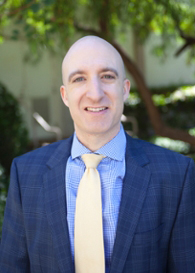 Kenneth A.
Stahl is a Professor at the Dale E. Fowler School
of Law at Chapman University. He is also the director of
Chapman’s Environmental, Land Use, and Real Estate Law
certificate program. Before joining Chapman, Professor
Stahl spent four years as an Assistant United States Attorney in
the Eastern District of New York.
Kenneth A.
Stahl is a Professor at the Dale E. Fowler School
of Law at Chapman University. He is also the director of
Chapman’s Environmental, Land Use, and Real Estate Law
certificate program. Before joining Chapman, Professor
Stahl spent four years as an Assistant United States Attorney in
the Eastern District of New York.
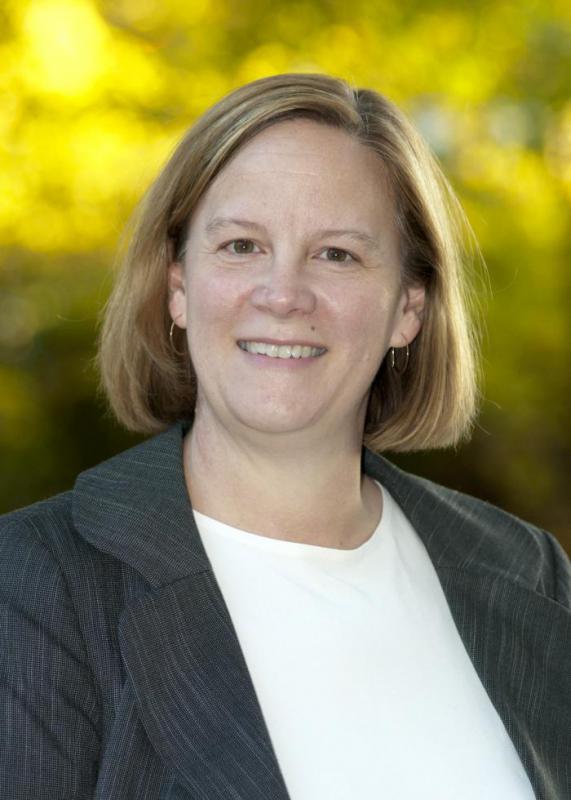 Ann Stevens is
Director of the Center for Poverty Research at UC Davis,
Economics Professor and Interim Dean at the Graduate School of
Management. She studies low income workers and labor markets, the
incidence and effects of job loss, connections between economic
shocks and health, and poverty and safety-net dynamics. Stevens
previously served on the faculty at Rutgers and Yale Universities
and is a faculty research associate with the National Bureau of
Economic Research.
Ann Stevens is
Director of the Center for Poverty Research at UC Davis,
Economics Professor and Interim Dean at the Graduate School of
Management. She studies low income workers and labor markets, the
incidence and effects of job loss, connections between economic
shocks and health, and poverty and safety-net dynamics. Stevens
previously served on the faculty at Rutgers and Yale Universities
and is a faculty research associate with the National Bureau of
Economic Research.
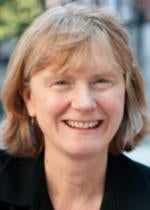 Margaret
Weir is a Professor of Sociology and Political Science
and Avice M. Saint Chair in Public Policy at the University of
California, Berkeley. She teaches courses on urban society and
politics, political sociology, and the welfare state. Before
coming to Berkeley in 1997, she was a Senior Fellow in
Governmental Studies at the Brookings Institution (1992-1997) and
was a member of the faculty of the Government Department at
Harvard University (1985-1992).
Margaret
Weir is a Professor of Sociology and Political Science
and Avice M. Saint Chair in Public Policy at the University of
California, Berkeley. She teaches courses on urban society and
politics, political sociology, and the welfare state. Before
coming to Berkeley in 1997, she was a Senior Fellow in
Governmental Studies at the Brookings Institution (1992-1997) and
was a member of the faculty of the Government Department at
Harvard University (1985-1992).









